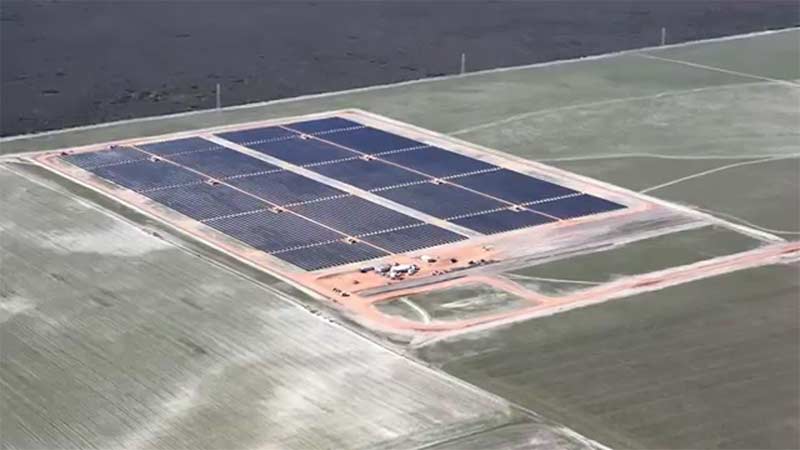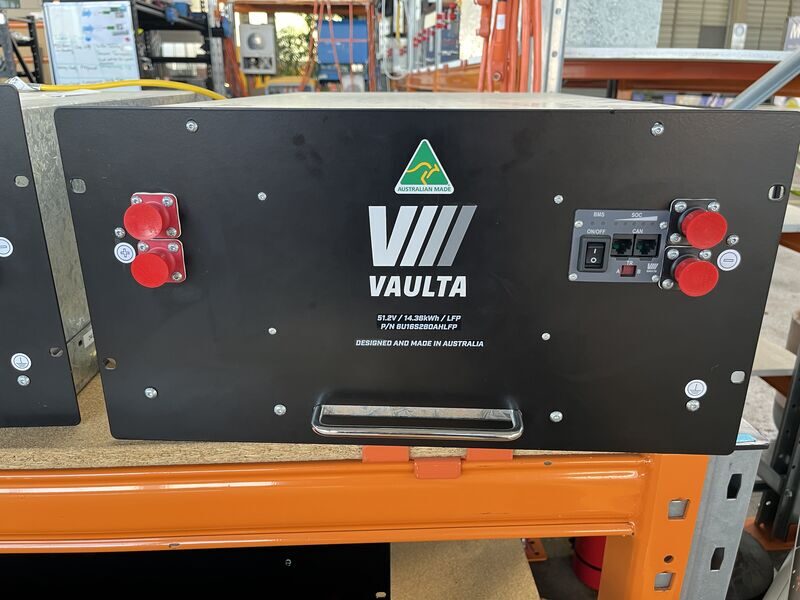While the large scale solar boom has well and truly taken hold in states such as Queensland, Victoria and New South Wales, the Western Australia marketplace has remained largely idle, with government-owned Synergy’s dominance acting as a break on development. This may be set to change with the formalisation of Bright Energy Investments (BEI).
BEI will be 80.1% owned by Cbus Super and DIF and will include the 30 MW stage two of the Greenough River Solar Farm, the Albany Grasmere Wind Farm and the 250 MW Warradarge Wind Farm – the latter currently under development.
While BEI will bring welcome private capital into large scale renewable development in WA, it does not diminish Synergy’s dominant market position in the state – which has been a point of frustration for prospective developers. Synergy will hold the remaining 19.9% stake in BEI.
In announcing the move, Cbus indicated that the deal will deliver it a portfolio of existing assets with existing electricity offtake agreements, but also present it with opportunities for greenfield project developments. It noted that it is a “significant milestone” in its new strategy of “direct infrastructure investment”.
“Our priority is generating sustainable returns for our 755,000 members and from a risk and return perspective this investment stacks up and strongly aligns with our Fund’s long-term outlook,” said Diana Callebaut, Cbus Head of Infrastructure in a statement.
“The investment is unique in that it also provides opportunities in the transition to a climate resilient economy and enables Cbus to contribute to the United Nations Sustainable Development Goals.”
Along with the expansion of Greenough River, which was Australia’s first large scale solar project when built, BEI will refurbish the Albany Grasmere Wind Farm and develop the 250 MW Warradarge wind project near Eneabba – which has been flagged as representing a $500 million investment.
The formation of the BEI was announced in a WA State Government release in November 2017. However, the deal was shrouded in secrecy with few details being released. Attempts to gather more information as to the investors or nature of the fund, by columnist for the West Australian newspaper Paul Murray, were frustrated by commercial confidence.
In November, the WA Independent Power Association, a group of private sector power investors, were critical of the move describing it as “a large step in the wrong direction”.
“Commercial and household gas customers are currently gaining significant benefits from an open market with many participants. By allowing Synergy to extend their dominance of the electricity market the Government is locking in higher electricity prices for all Western Australians,” said the WA IPA Chairman Richard Harris in a statement.
“In jeopardy are more than $1 billion worth of renewable energy projects private companies had planned for WA – many of which are shovel ready.”
The WA IPA has called for Warradarge’s capacity to be limited to “no more than” 180 MW, for Synergy to contract for its remaining LGC requirements from private developers, and require projects developed by the BEI to be “procured through an open and transparent process.”
In March, the WA Labor State Government backed away from plans to introduce full retail contestability to the state’s electricity marketplace.
This article was updated on 11/4/2018 to reflect that the Greenough River expansion is by 30 MW to total 40 MW on completion.
This content is protected by copyright and may not be reused. If you want to cooperate with us and would like to reuse some of our content, please contact: editors@pv-magazine.com.









By submitting this form you agree to pv magazine using your data for the purposes of publishing your comment.
Your personal data will only be disclosed or otherwise transmitted to third parties for the purposes of spam filtering or if this is necessary for technical maintenance of the website. Any other transfer to third parties will not take place unless this is justified on the basis of applicable data protection regulations or if pv magazine is legally obliged to do so.
You may revoke this consent at any time with effect for the future, in which case your personal data will be deleted immediately. Otherwise, your data will be deleted if pv magazine has processed your request or the purpose of data storage is fulfilled.
Further information on data privacy can be found in our Data Protection Policy.